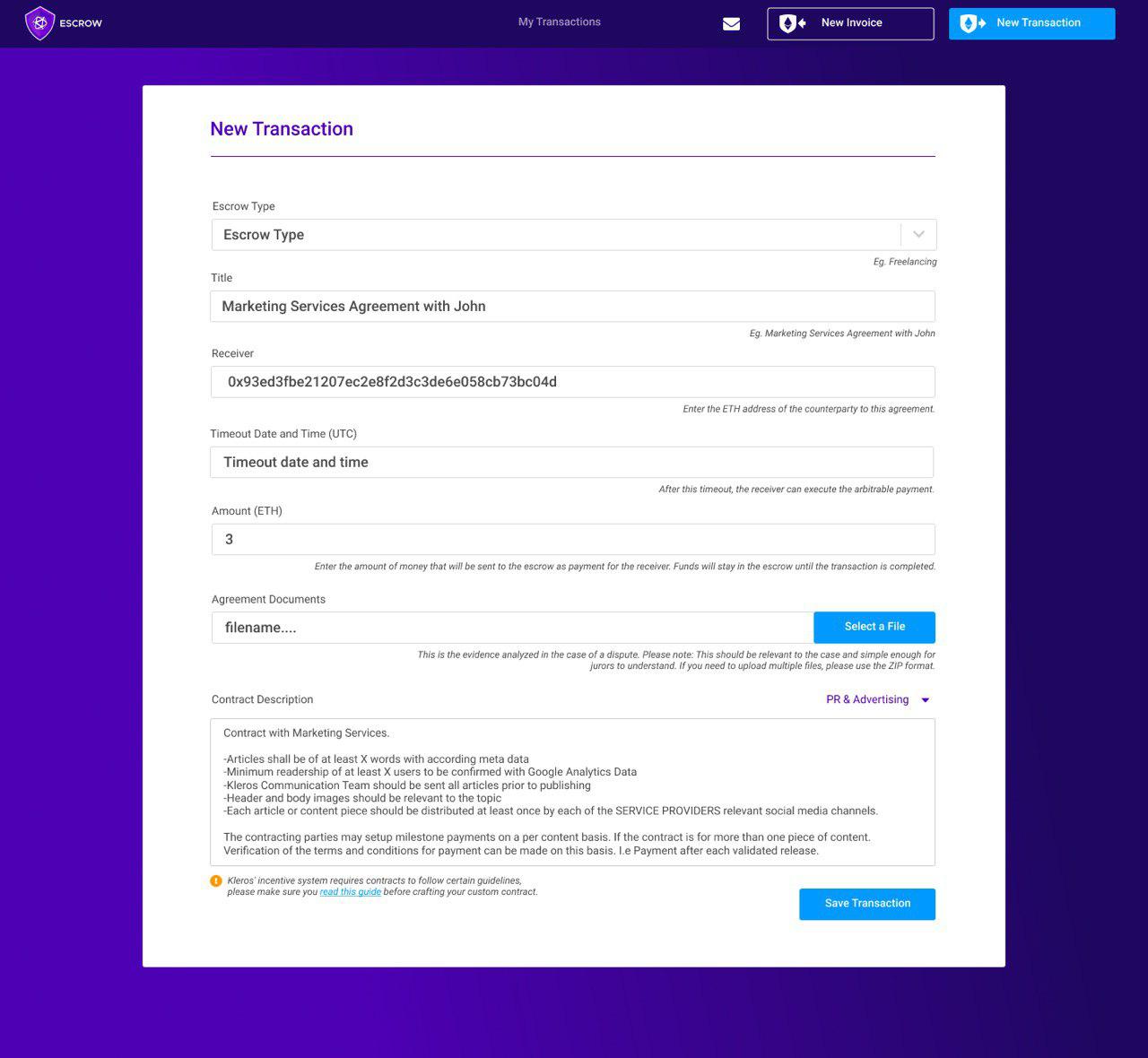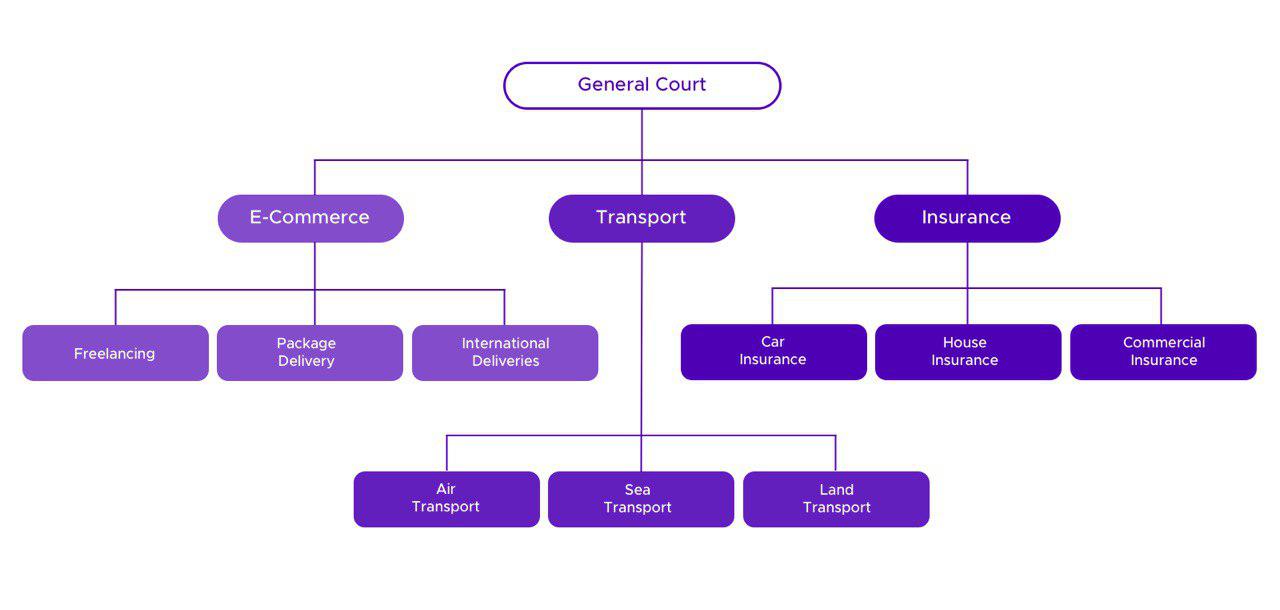Independent workers, more commonly known as freelancers, are the fastest growing group in labor markets across the globe.
A 2017 survey by Edelman Intelligence (commissioned by Upwork and the Freelancer Union) found that more than 57 million Americans earned at least some income from freelancing that year, with 1 in 12 Americans relying on freelance income for the majority of their livelihood.
This trend isn’t limited to the US, either. In the European Union independent workers are also by far the fastest growing group in the entire labor market. Meanwhile, the UK’s workforce is trending towards having an astounding 50% of people self-employed by 2024.
With this internet-fueled trend comes plenty of reason to speculate about the future of internet-based currencies. Freelancers and the businesses that employ them are often separated by national borders, adding extra complexity to the matter of payments and work contracts.
But this article is about something that’s a little bit less obvious, yet perhaps just as important: escrow.
Today, when complete strangers have to trust each other and do business together the most common solution is to involve a third party who enforces contracts and disburses funds (i.e. an escrow agent).
However, this solution is often as expensive as it is inadequate for the small-scale and medium-scale contracts that are becoming increasingly popular in the new gig economy.
And, as you might have guessed already, there’s now a blockchain solution that’s coming to disrupt this industry of trusted third parties.
The Current State of Escrow Services for Freelancers
For freelancers and businesses today, the easiest way to collaborate across borders is through one of the many freelancing platforms that have emerged in the past decade or so.
The problem is that just about all of these platforms charge hefty fees.
Upwork, for example, has the following fee structure for freelancers:
- 20% of the first $500 a freelancer bills with a new client
- 10% of the billings with the client between $500.01 and $10,000
- 5% for lifetime billings with a client that exceed $10,000
Businesses who hire on Upwork don’t escape extra costs either, although their 2.75% payment processing fees don’t make quite as large a dent as the freelancer fees.
On Fiverr things are actually even worse for freelancers in this respect. While Fiverr is structured differently and gives freelancers greater freedom to promote their services, they also don’t incentivize larger-scale collaborations like Upwork does.
Instead, Fiverr charges a consistent 20% commission on all income, regardless of how long you’ve been working with the same client.
Now it’s important to mention that Fiverr and Upwork aren’t earning their fees purely for being an escrow service. A huge part of their value proposition is the size of their communities, making them ideal platforms for people who are just getting started in a new industry and need to build up their portfolios.
For established freelancers, however, these platforms and the others in the industry offer little value beyond the trust they provide as third party escrow services.
How Kleros’ Decentralized Escrow Application Can Change the Game

Kleros is a blockchain dispute resolution layer that provides fast, secure, and affordable arbitration in practically any scenario.
One of those scenarios that’s especially promising is escrow, due in large part to the costliness of existing escrow service providers.
Fiverr and Upwork are the biggest examples in the freelancing world, but escrow services are part of many other industries including internet commerce, real estate, banking, gambling, business mergers and acquisitions, intellectual property (i.e. source code of software), and more.
The basic idea of Kleros’ Escrow Dapp is to replace trusted third party escrow services with smart contracts and crowd-sourced jurors to settle any disputes that arise.
This means that freelancers can get peace of mind knowing they won’t get ripped off if they do a good job, and clients get peace of mind knowing they won’t have to pay up if the freelancer’s work doesn’t satisfy the requirements of the contract.
Most importantly, this peace of mind comes at a fraction of the cost of centralized escrow services.
If no dispute arises, neither party has to pay anything extra. Clients save on processing fees, while freelancers save 10-20% — a significant amount no matter what the size of the project.
In the event that a dispute does arise, a group of jurors will be randomly selected to assess the evidence (e.g. the original work agreement, completed work, etc.) and to vote in favor of whichever party they believe is in the right.
Jurors are incentivized to vote honestly in order to earn arbitration fees for their work, paid out in Kleros’ native token: Pinakoins (PNK). This incentive system is built on a concept from game theory called Schelling Points, which you can learn more about in our article: How Kleros Can Disrupt the Legal Services Industry.
Who Will Use a Decentralized Escrow Service?
Early on it’s likely freelancers in the crypto industry including writers, developers, marketers, and miscellaneous crypto bounty hunters will be the first to benefit from Kleros’ decentralized escrow service, along with the companies who hire them.
In the following years as cryptocurrencies and smart contracts become more mainstream, it’s not farfetched to imagine freelancers and businesses from industries across the board flocking to decentralized escrow to reduce their risk and boost their profit margins.
Not to be forgotten, though, are the jurors. Anybody who feels qualified to rule in a particular court can stake PNK tokens and begin resolving disputes and earning arbitration fees.

Serving as a juror in the Kleros arbitration system is a whole new way for people to earn independent income on their own schedule from any location in the world. All that’s needed is internet access and a commitment to ruling honestly, and “jury duty” can become yet another option for people to make a profit in the freelancing economy.
The Kleros Escrow Dapp is currently under development but a beta version is available for anybody to test it out at: https://escrow.kleros.io/. The official release is scheduled for later this April.
To take a deeper look into Kleros’ incentive system for decentralized arbitration, you can read the project whitepaper. And if you’d like to keep up with the latest developments, you can follow them on Twitter and Medium as well as join their community on Telegram.

